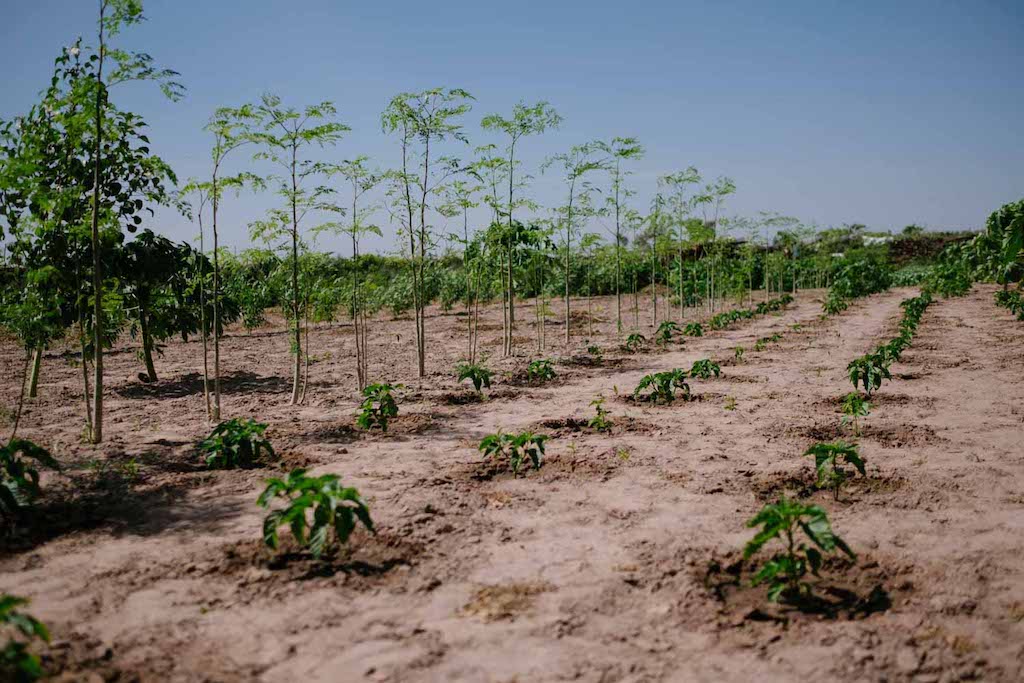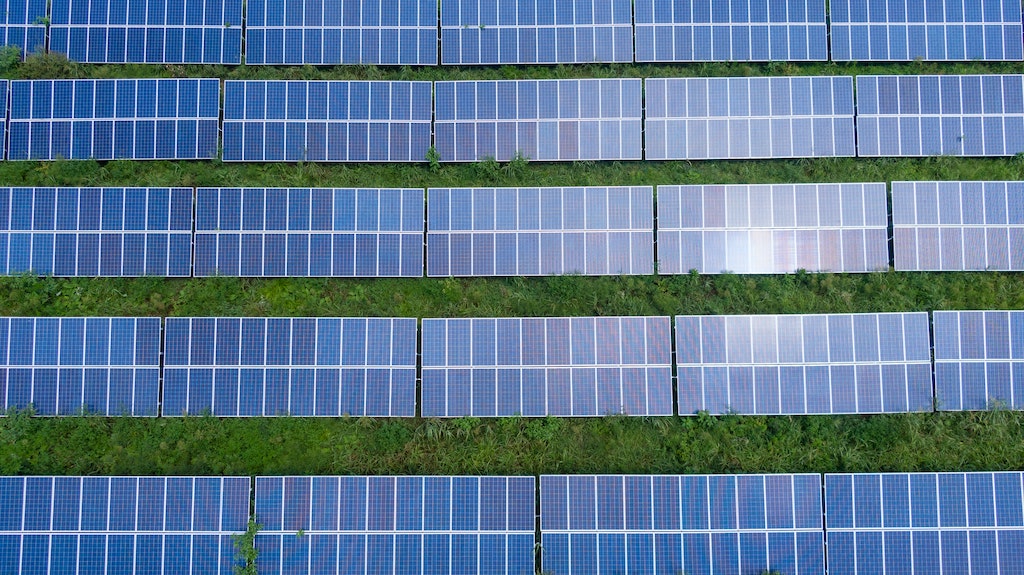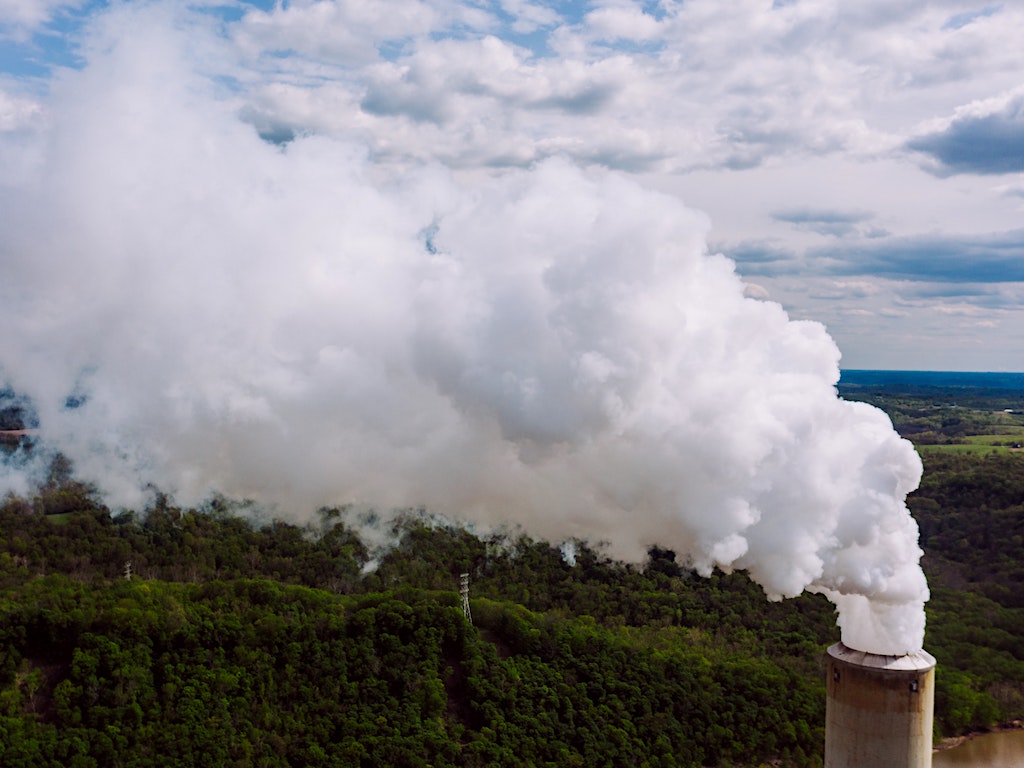3 Mins Read
Carbon offsets are enabling large polluting corporations to avoid tackling their own emissions, says Greenpeace. Experts warn that without a rapid phasing out of fossil fuels and meaningful cuts in emissions, offsets alone will come far too short to tackle the climate crisis.
Large corporations are using offsets, such as buying carbon credits or funding tree planting and solar power projects, as part of their efforts to reach “net-zero”. But these moves amount to nothing more than a facade, says Greenpeace, which is urging firms to take meaningful steps to cut their own emissions and divest from fossil fuels.
“There’s no time for offsets,” warned Greenpeace executive director Jennifer Morgan, in an interview during the recent Reuters Impact conference. “We are in a climate emergency and we need phasing out of fossil fuels.”

What are carbon offsets?
Carbon offsetting has become a popular route for businesses to reach their “net-zero” ambitions, especially as companies face greater public scrutiny over their role in fuelling climate change. Instead of actual emissions reductions, offsetting is the idea that emissions can be compensated through projects like planting trees.
The popularity of such schemes is expected to drive the carbon offset market into a $50 billion industry by the end of this decade, according to the Taskforce on Scaling Voluntary Carbon Markets.
Greenpeace and other environmental NGOs have been critical of the disproportionate focus on offsetting programs, saying that these plans often assume that the impact of offsetting can be realised immediately. In reality, trees take years to grow to their full carbon storage potential.

Making drastic cuts to a business’ own operations and transitioning its supply chain away from hydrocarbons, on the other hand, does translate to immediate results.
Morgan described offsets as “pure ‘greenwash’ so that the companies, oil companies, can continue to do what they’ve been doing and make a profit.”
Slash emissions for real impact
One of the other major issues when it comes to carbon offsets is the way businesses report on their environmental impact. A study conducted by CarbonPlan found that almost 30% of all forest carbon offset programs it analysed in California had overestimated the amount of carbon emissions it had compensated for.
The research group described the trend as a “systematic over-crediting” problem that “effectively allow[s] pollution to continue”.

Morgan’s latest call for companies to cut their own emissions comes after multiple statements Greenpeace has made against carbon offsets as the predominant form of climate action.
In June, the organisation’s senior campaign manager Maik Marahrens warned of the misleading impact of carbon offsets and other technological fixes like carbon capture storage, and wrote: “There is no other way to solve the climate emergency than immediate and massive reduction in fossil fuel emissions.”
Scientists have also pointed out that in order to reach the Paris agreement goals, the planet must make drastic changes to its food system. In one landmark study, experts concluded that even if fossil fuels were to be eradicated immediately, the climate goals are still “out of reach” without a transition away from animal agriculture.
Lead image courtesy of Pexels.




